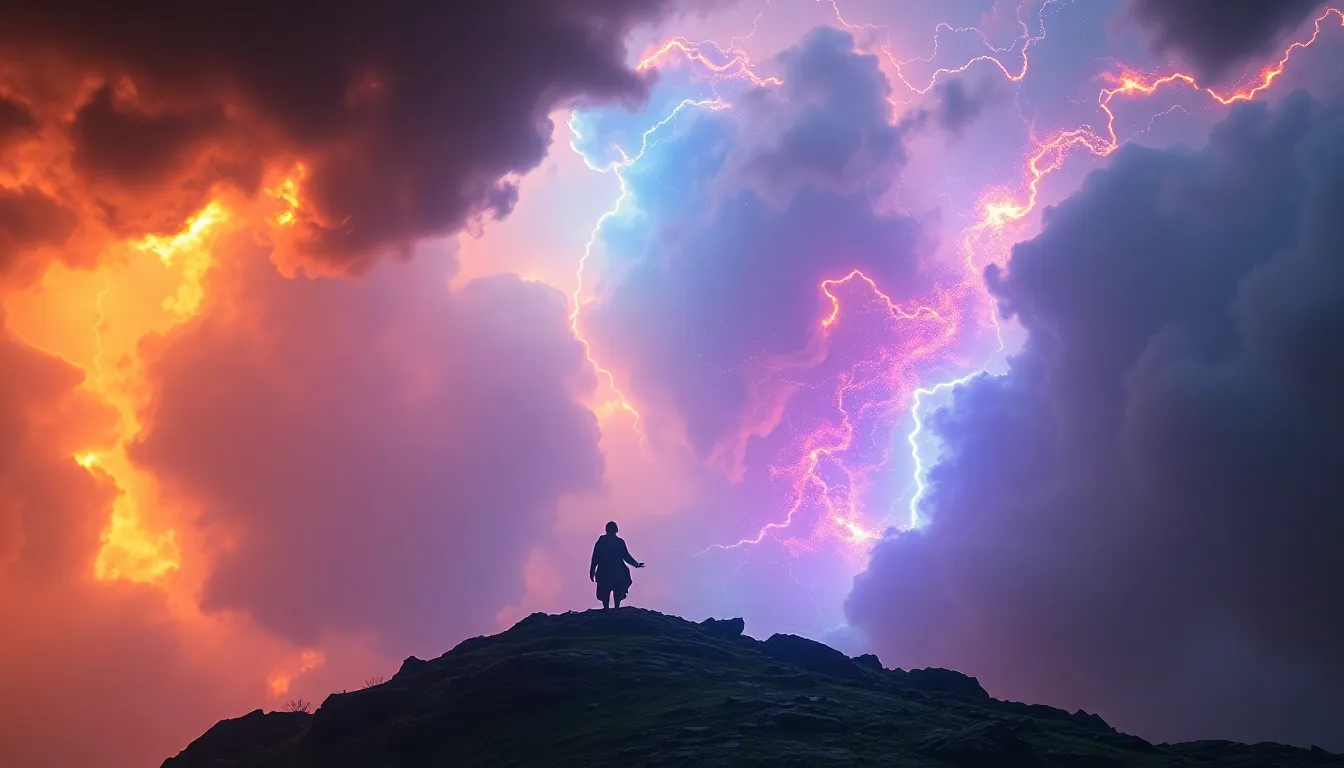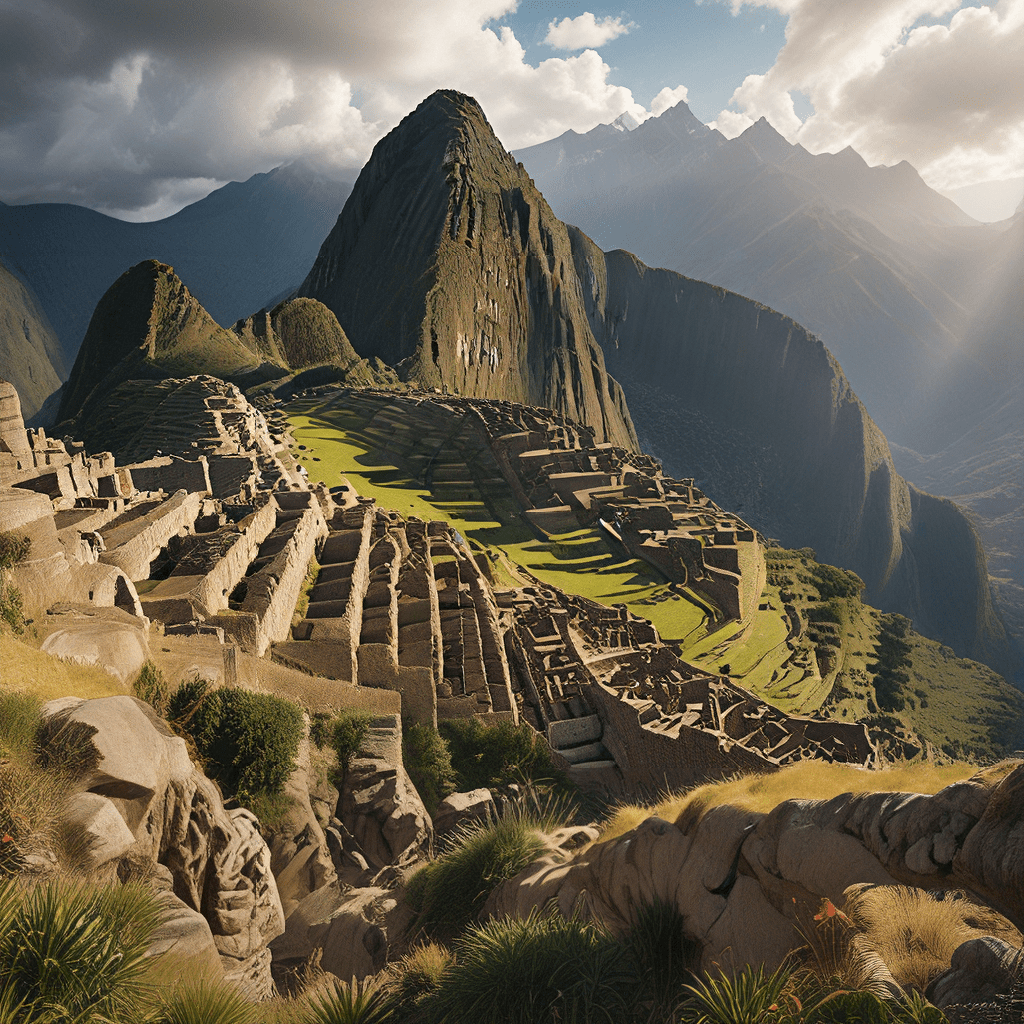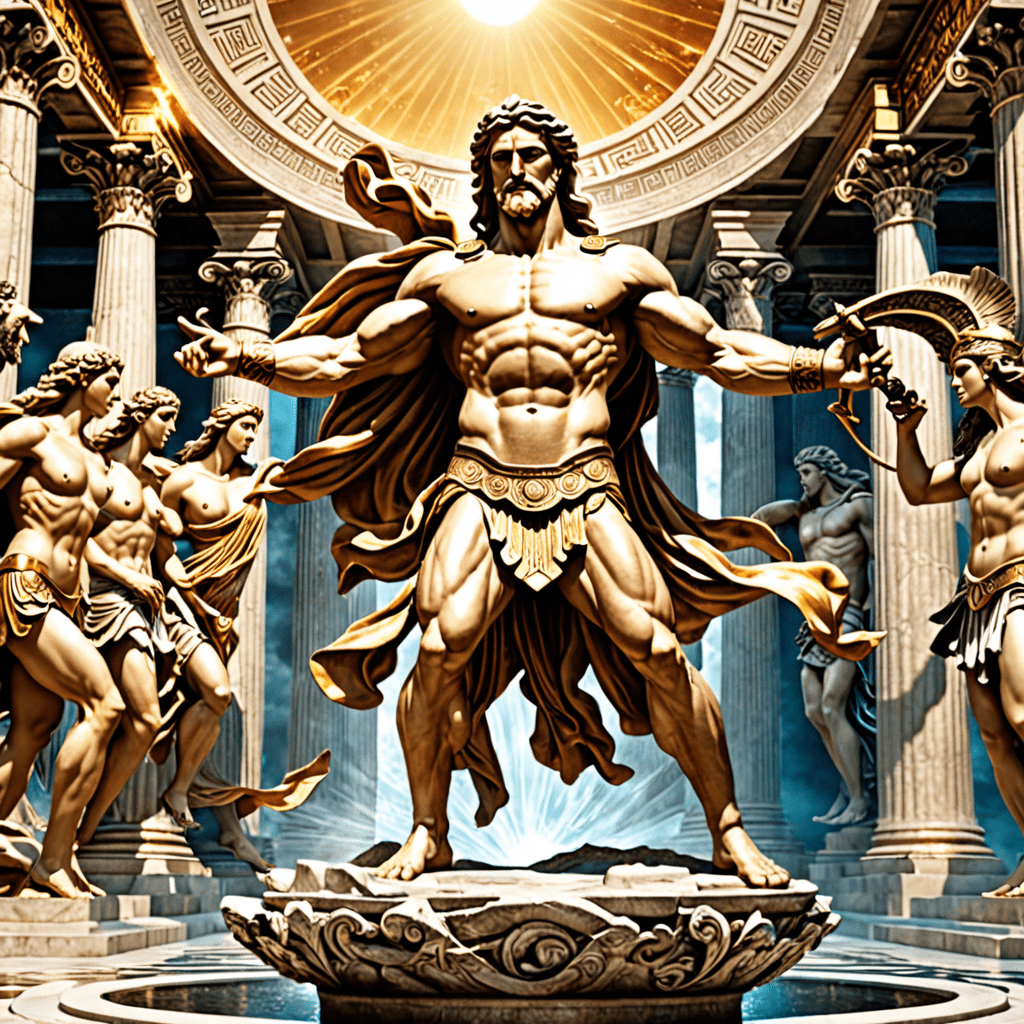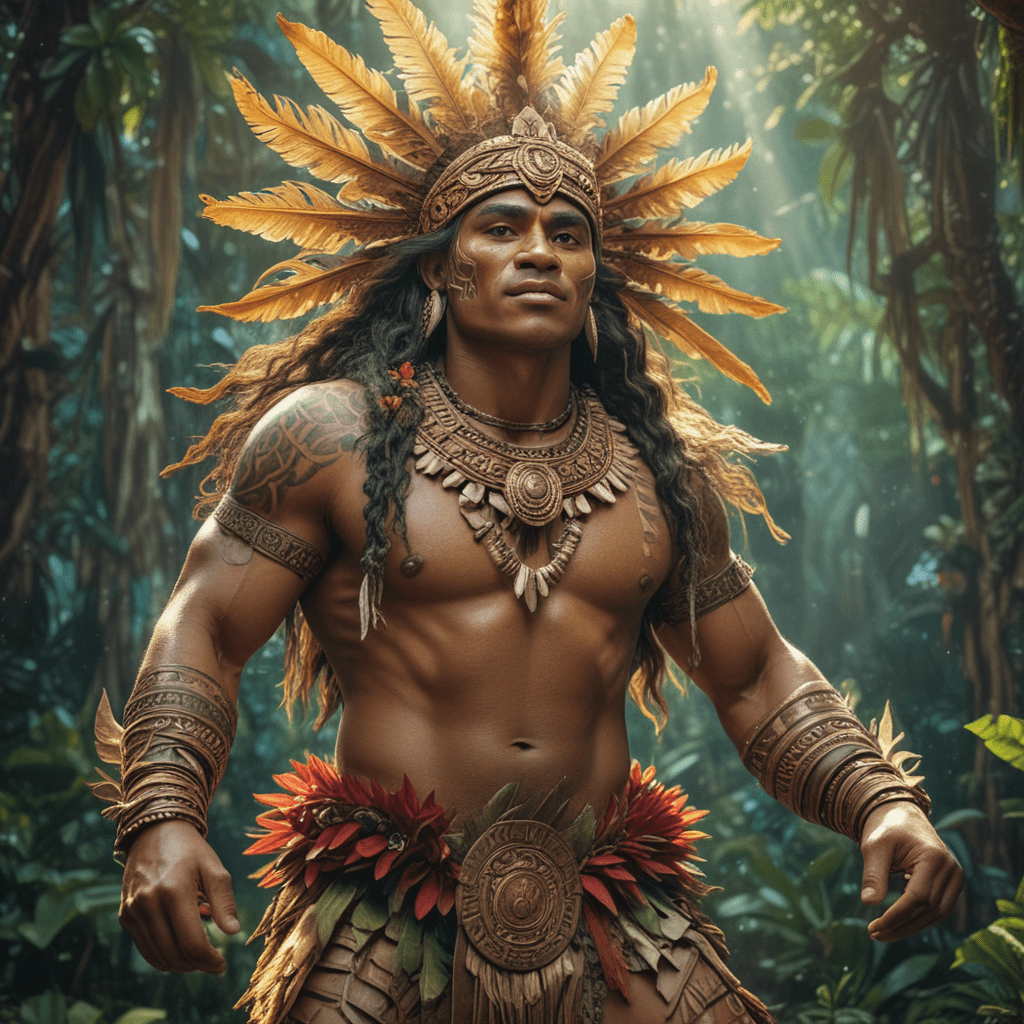The Mythical Journey: How Creation Stories Reflect Our Lives
Introduction to Creation Stories
Creation stories are narratives that describe how the universe, earth, and humanity came into existence. These tales are significant across cultures, serving not only as explanations for the origins of life but also as reflections of the values, beliefs, and experiences of the societies that tell them. The purpose of this article is to explore the intricate relationship between creation myths and human experiences, shedding light on how these ancient stories continue to resonate within our lives today.
The Universal Themes of Creation Myths
At the heart of many creation myths are several universal themes that transcend cultural boundaries. These themes often include:
- Chaos: Many creation stories begin with a state of chaos or nothingness, signifying the potential for creation.
- Divine Intervention: The presence of deities or supernatural forces that act to bring order and life to the chaos.
- Emergence: The process through which life or the cosmos emerges from the primordial state.
These themes not only help in understanding the origins of the world but also reflect fundamental aspects of human existence and purpose, suggesting that creation is an ongoing process relevant to our lives.
Cultural Variations in Creation Narratives
Creation myths vary widely across cultures, each reflecting the unique worldview of its people. Some notable examples include:
- The Genesis Account: In the Judeo-Christian tradition, the book of Genesis describes a sequential creation process initiated by God, emphasizing the goodness of creation and the special place of humanity within it.
- The Enuma Elish: This Babylonian creation myth presents a narrative of struggle and conflict among gods, culminating in the creation of humanity from the blood of a slain deity, highlighting themes of sacrifice and power.
- The Popol Vuh: The Mayan creation myth recounts the trials of the gods as they attempt to create humans who can worship them, emphasizing the relationship between divinity and humanity.
Cultural context plays a crucial role in shaping these narratives, influencing their themes and the lessons they impart to their respective societies.
Archetypes and Symbols in Creation Stories
Creation stories are rich with archetypes and symbols that serve as tools for understanding personal and societal challenges. Common archetypes include:
- The Creator: A figure or deity responsible for the creation of the world.
- The Trickster: A character that introduces chaos or challenges the status quo, often leading to transformation.
- The Hero: A protagonist who embarks on a journey or quest, often encountering trials that lead to personal growth.
These symbols resonate deeply with human experiences, providing insight into our struggles, aspirations, and the transformative nature of life.
Creation Myths and the Human Experience
Creation myths often illustrate fundamental human experiences such as:
- Birth: The beginning of life, representing hope and potential.
- Death: The end of life, prompting reflection on mortality and legacy.
- Transformation: The changes we undergo throughout life, highlighting resilience and adaptability.
These narratives have a profound psychological impact, shaping individual identity and collective consciousness by connecting personal experiences to a larger narrative of existence.
Lessons from Creation Myths for Modern Life
Creation myths offer practical insights and moral lessons that are relevant to contemporary issues. Some lessons include:
- Interconnectedness: Understanding our connection to nature and each other, which is vital in addressing environmental concerns.
- Social Justice: Many myths emphasize the importance of fairness, community, and the struggle against oppression.
- Resilience: The stories often illustrate the importance of perseverance in the face of adversity.
By applying these lessons, individuals and societies can navigate modern challenges with greater awareness and purpose.
The Role of Storytelling in Preserving Creation Myths
The preservation of creation myths relies heavily on storytelling, both oral and written. Oral traditions have historically passed down these narratives through generations, ensuring their survival. In modern times, adaptations and reinterpretations in literature, film, and other media continue to keep these stories alive, allowing new audiences to engage with them.
The Psychological Aspect: Myths as a Reflection of Inner Journeys
From a psychological perspective, creation myths can be seen as representations of the collective unconscious, as suggested by Carl Jung. These stories reflect inner journeys and archetypal struggles that individuals face throughout their lives. Engaging with these narratives can provide therapeutic value, fostering personal healing and growth by allowing individuals to explore their own experiences through the lens of myth.
Challenges in Interpreting Creation Stories Today
In today’s globalized world, the interpretation of creation stories faces several challenges, including:
- Cultural Exchange: The blending of different cultural narratives can lead to misinterpretation or loss of original meanings.
- Appropriation: The use of sacred stories by those outside the culture can lead to disrespect and misunderstanding.
- Respectful Interpretation: It is crucial to approach these narratives with sensitivity and an understanding of their cultural significance.
Conclusion: The Enduring Power of Creation Stories
Creation myths hold enduring power, shaping our understanding of ourselves and the world around us. They provide a framework for exploring complex human experiences and offer valuable lessons for modern life. By embracing these narratives, we can cultivate a deeper connection to our shared humanity and the mysteries of existence.



